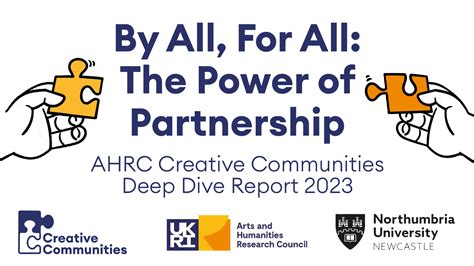For many internet users, wikis represent a beacon of knowledge, a point of reference when all else fails. However, many who frequent various gaming and interest-based wikis have noted a disturbing trend: the decline of Fandom. Once a popular harbor for hobbyist communities, Fandom’s aggressive advertising and resource-heavy pages have driven both users and community maintainers to seek alternatives. This issue isn’t merely aesthetic; it extends to usability and even global energy consumption, as users report their devices under visible strain when multiple Fandom pages are open.
Users like Sivart13 have highlighted a technical but significant impact. Keeping a couple of Fandom pages open can drive laptop fans into a frenzy and turn smartphones into miniature heaters. This isn’t just anecdotal evidence but a widespread grievance heard across various forums. The proliferation of intrusive ads contributes to what can only be described as an ‘attention assault.’ As one dives deeper into a Fandom wiki, not only does the experience become visually overwhelming, but it also becomes an exercise in patience and resilience. The sheer amount of embedded ads and heavy scripts that run in the background is a likely culprit.
Ads alone are not the only heartache for users; poor content quality and search engine mishaps are significant concerns. User intelVISA sarcastically alluded to the possibility of Fandom mining cryptocurrency using fan devices, which, while an exaggeration, isn’t too far from the truth in terms of device strain. More seriously, Dwedit brings up a critical underlying issue: Fandom pages often outrank their better, less invasive counterparts on search engines. For instance, itishappy notes that the official wikis like the *Noita Wiki* and *Terraria Wiki* reside on more community-focused platforms like wiki.gg, but Google’s algorithm often favors Fandom’s pages, misdirecting users to less reliable and ad-heavy sites.
Several users, including labster and nine_k, mention alternatives such as Miraheze, an ad-free, community-owned platform. Miraheze hosts wikis supported by donations, grants, and volunteers, presenting a formidable alternative for communities seeking to escape Fandom’s clutches. Unlike Fandom, which has been criticized for poisoning the informational commons and creating a barrier to quality content, Miraheze promotes a community-first approach. The intricacies of declaring independence from Fandom and moving entire databases to new hosts can be daunting, yet some communities manage to make this a reality with collective effort.
Freehorse sums it up succinctly: the content quality on Fandom is often subpar and incomplete. Communities face a massive challenge in keeping information updated, especially for games with regular updates. For example, the *Factorio* community emphasizes the importance of keeping game wikis updated seamlessly with accurate information. As itishappy mentions, custom tools and scripts help automate and streamline these updates, which is something inherently challenging on a platform like Fandom due to its complexities and limitations.
One rising solution for the Fandom woes is the use of browser extensions like LibRedirect or Indie Wiki Buddy, which some community members advocate. These extensions redirect users from Fandom to verified alternatives, ensuring that the user gets reliable and ad-free information. Yet, the struggle extends deep, as even with such tools, search engines continue to prioritize Fandom due to effective yet ethically questionable SEO practices. As starkparker notes, legal and community battles ensue over content migration and withdrawal from Fandom, revealing a much darker side to the seemingly innocuous process of maintaining a community archive online.
In conclusion, while Fandom emerged as a leader in the wiki space by centralizing information and building sprawling databases for games and subcultures, its aggressive monetization tactics and poor community management have alienated its core user base. Communities thrive on accurate, accessible information, and Fandom’s shortcomings have forced many to take action. Moving forward, the success of platforms like Miraheze and wiki.gg suggests a growing preference for more ad-free, community-centric hosting solutions. The battle isn’t just about escaping Fandom, but reclaiming the spirit of open, community-driven information sharing.


Leave a Reply